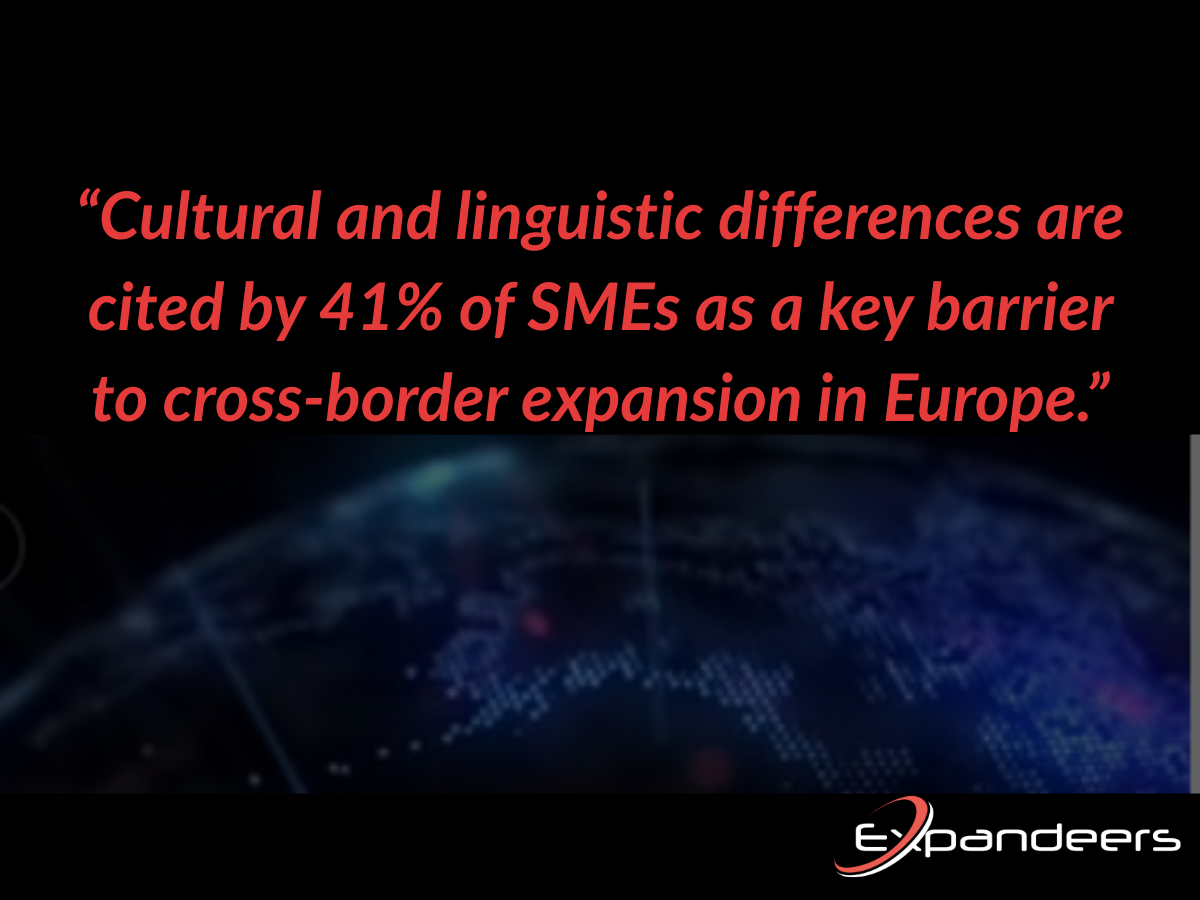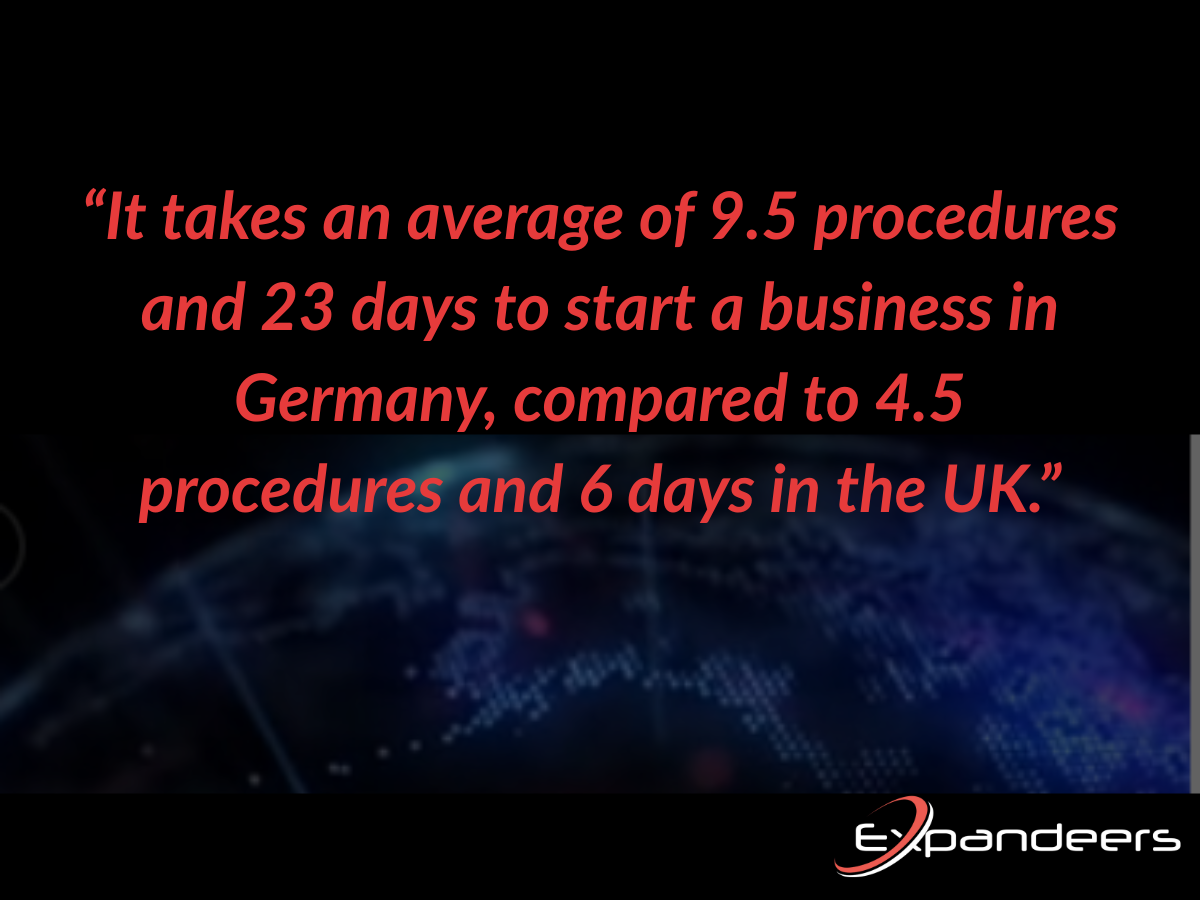Picture this:
You have built a successful business in the MENA region. Your product works, customers love it, and you are ready to scale. Europe looks like the obvious next step – massive market, tech-savvy consumers, strong economies.
What could go wrong?
More than you would think, actually.
European expansion is not just about translating your website and hiring a local sales rep. It is about realizing that what makes you successful at home might be completely irrelevant 3,000 kilometers away. The companies that thrive in European markets are not necessarily the ones with the best products – they are the ones that do their homework first.
So before you start drafting that expansion budget, we need to talk about validation. Real overseas market validation, not the kind that confirms what you already want to believe.
Start with the Essential Foundation
Market research might sound boring, but this foundation will save you from expensive mistakes later.
Think beyond the flashy GDP numbers everyone quotes. What you really need to comprehend is market stability and accessibility.
- Is the regulatory environment friendly to foreign businesses?
- How complex are the compliance requirements in your sector?
- What about currency fluctuations and their impact on your pricing strategy?

These are not just boxes to check, they are potential deal-breakers that can emerge months into your expansion when it becomes too expensive to pivot.
Here is what smart businesses investigate upfront:
- Industry-specific regulations and certification requirements
- Tax implications for foreign companies
- Import duties and trade restrictions
- Banking and payment processing options for international businesses
Yes, this research takes time. But it is infinitely cheaper than discovering regulatory roadblocks after you have committed resources.
Your Customers Do Not Exist Yet
Here is a tough truth: Your ideal customer profile from the MENA market probably does not translate directly to Europe. Customer behavior, purchasing processes, and value priorities can be dramatically different.
Business cultures vary significantly even within Europe. Decision-making timelines, stakeholder involvement, and relationship expectations differ from country to country. What feels like enthusiasm in one market might be standard politeness in another.

The validation process should answer these critical questions:
- How do potential customers currently solve the problem your product addresses?
- What drives their purchasing decisions – price, features, relationships, or something else?
- Who actually influences buying decisions in their organizations?
- What would motivate them to switch from their current solution?
This is not about surveys or online research. You need real conversations with real prospects in your target market. Their answers might surprise you and reshape your entire approach.
Competition Analysis Beyond the Obvious
Everyone looks at competitor websites and pricing. That is table stakes. Real competitive intelligence goes deeper.
You need to learn not just what competitors offer, but how they actually operate in the market.
- What channels do they use to reach customers?
- Where do they advertise?
- What partnerships help them scale?
- Most importantly, where are they falling short?

Smart market validation identifies gaps in the competitive landscape – problems that existing players are not solving well, or customer segments they are overlooking. These gaps become your entry points.
Pay particular attention to:
- Customer complaints about existing solutions (check review sites, social media)
- Pricing models and how they are received in the market
- Distribution strategies and channel partnerships
- Marketing messages and how customers respond to them
The goal is not just to compete, it is to find your distinctive angle in a crowded marketplace.
Test Before You Invest
The pilot approach is not just about risk management, it is about learning what you do not know yet.
But random testing will not help you. Structure your pilot to answer specific strategic questions about your European expansion.
- Can you deliver your promised value at European cost structures?
- Do your pricing assumptions hold up in real market conditions?
- How long do sales cycles actually take?
Consider these low-risk testing approaches:
- Partner with established distributors or resellers
- Attend industry trade shows and conferences
- Run targeted digital marketing campaigns in specific regions
- Offer limited-time services through existing business networks
Each test should be designed to validate specific assumptions about your market entry strategy. The insights you gain will be worth far more than any theoretical market research.
Why Local Knowledge Is Not Optional
European markets might seem similar to what you are accustomed to, but the operational details can be wildly different. Invoicing requirements, business etiquette, procurement processes, and relationship-building all have local nuances that can make or break deals.

This is not about hiring someone to execute your existing strategy. It is about learning market realities that only local expertise can provide.
- What communication style works with German enterprise clients?
- How do French businesses prefer to structure partnerships?
- What compliance requirements exist in Netherlands that do not exist elsewhere?
Local partners and advisors help you navigate these complexities before they become problems. They are not just service providers, they are your early warning system for issues you would not see coming.
Digital Intelligence That Actually Informs Strategy
Online research can reveal valuable insights, but most companies use it wrong. They look at search volumes and assume that equals demand. Real digital validation goes deeper.
- What language do potential customers actually use when discussing their problems?
- Which platforms and publications do they trust for information?
- How do they prefer to consume content – detailed analysis or interactive demos?

Learning digital behavior patterns helps you craft messaging that resonates and choose channels that actually reach your audience. It is not about gaming search engines, it is about speaking your customers language in places they actually pay attention.
Look for:
- Industry-specific forums and discussion groups
- Professional associations and their content preferences
- Social media conversations about problems you solve
- Content formats that generate engagement in your sector
This intelligence shapes everything from your website copy to your content marketing strategy.
Validation Never Really Stops
Here is what experienced international businesses know:
Market validation is not a one-time project you complete before launch. It is an ongoing capability that keeps you competitive.

European markets evolve constantly. Customer preferences shift, new regulations emerge, competitive landscapes change. The insights that guided your entry strategy might be obsolete within 18 months.
Build validation into your operations from day one. Create systems to monitor customer feedback, track competitive moves, and stay current with regulatory changes. Market intelligence should be part of your business DNA, not a pre-launch consultant project.
Your Next Steps
European expansion represents genuine opportunity for ambitious MENA businesses. The market size, economic stability, and growth potential are real. But so are the complexities and pitfalls that derail companies that are not prepared.
The difference between businesses that succeed in European markets and those that struggle is not typically about product quality or funding levels. It is about how thoroughly they validate their assumptions and how quickly they adapt when reality does not match expectations.
At Expandeers, we believe that informed expansion is successful expansion. European markets reward companies that do their homework, learn local dynamics, and build with market realities in mind.
The opportunity is there. The question is whether you are ready to validate it properly.
Considering European expansion for your MENA business? Our validation methodology helps you make informed decisions based on market realities, not assumptions.


